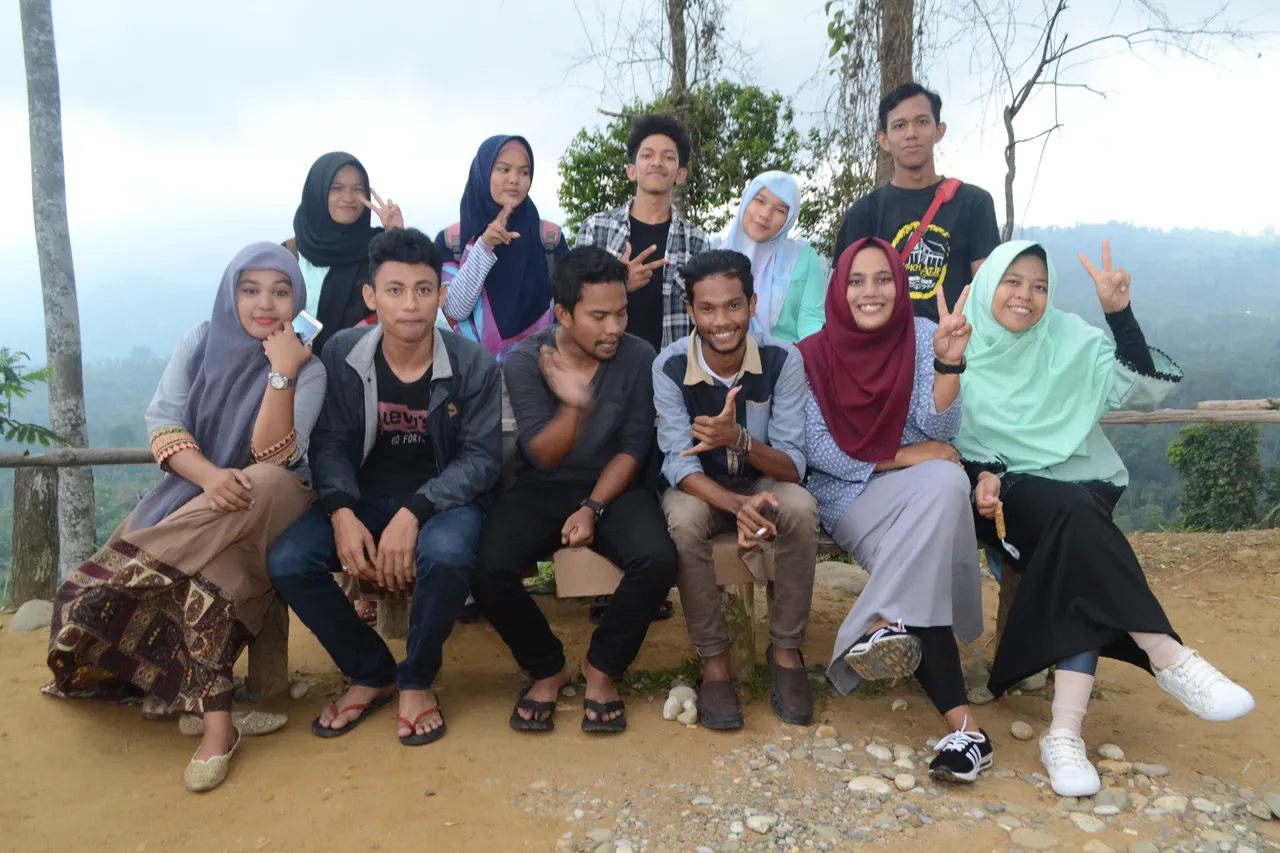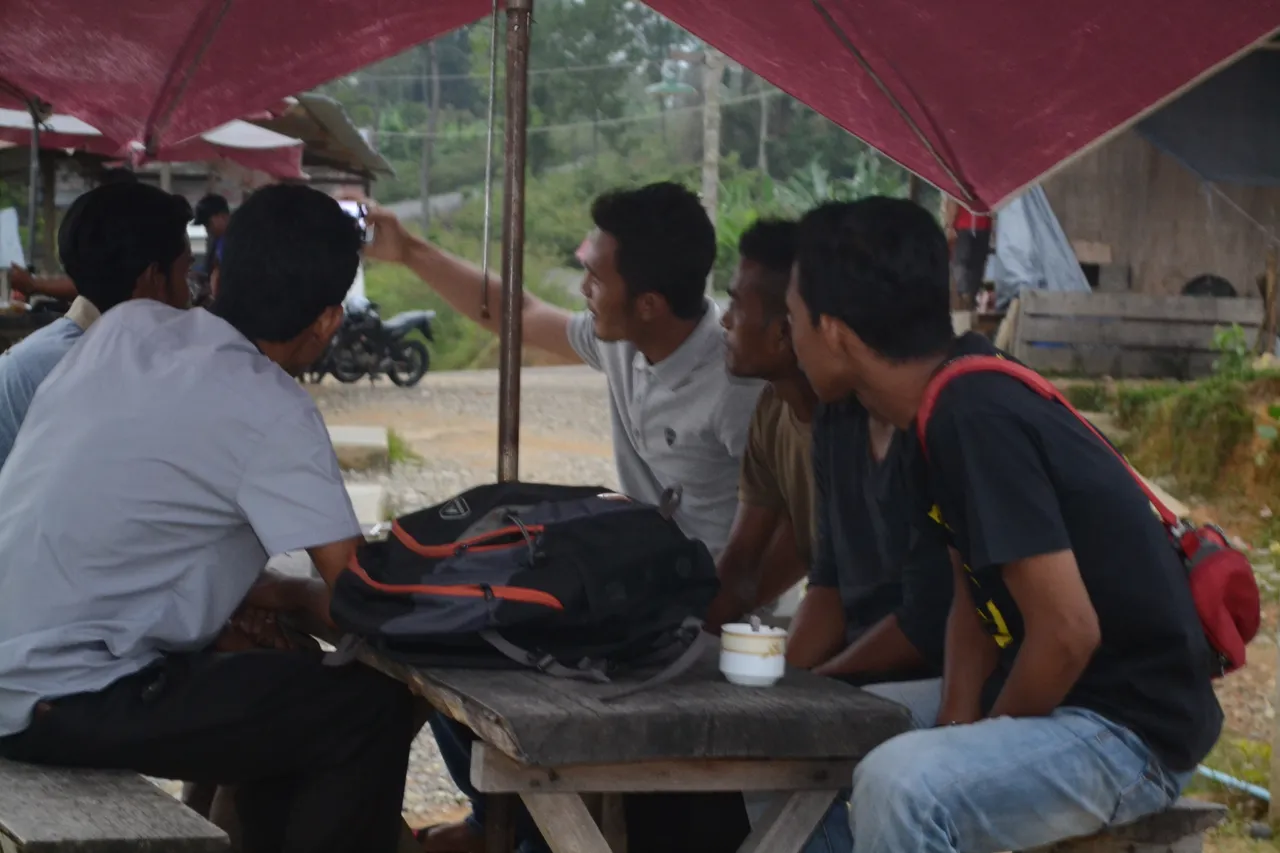 | |
|---|---|
 |  |
| - | - |
The first cause of juvenile delinquency internally is an identity crisis. This identity crisis occurs because at a young age children will experience the feeling of getting recognition in their environment, as well as the existence of a role identity that is starting to be carried out. Usually when these two things cannot be achieved by the child, then there is a tendency for the child to violate the norm. This violation of course leads to juvenile delinquency.
Children with weak self-control abilities are usually unable to distinguish between acceptable and unacceptable behavior in society. This makes the child has the potential to violate norms or bad behavior. Even if the child is able to distinguish between the two behaviors, it can still commit juvenile delinquency when the child cannot develop self-control properly.
In this case, parents need to provide good religious education to children from an early age. Because, through religious education children can get the moral values that apply in society. That way, children understand what things have a good value and which are destructive and need to be avoided. If religious education cannot be instilled in children properly, then children will find it difficult to carry out their roles in society.
 |
|---|
 |
|---|
Here, playmates or peers provide an important role for every developing teenager. A child who is in a bad friendship environment will certainly get a lot of bad behavior. On the other hand, children with good and supportive friendships can certainly help each other and have a good influence on one another. This of course needs to be a concern for every parent. The place of education is also one of the causes of juvenile delinquency from external factors that should not be forgotten. In this case, the school becomes the second environment that has the potential as a place for juvenile delinquency to be committed. Children may perform various actions or attitudes that violate in the free hours of class.
Juvenile delinquency is driven by the negative consequences of social and economic development, in particular the economic crisis, political instability, and the weakening of key institutions (including the state, public education and public aid systems, and the family). Socio-economic instability is often associated with persistent unemployment and low incomes among young people, which can increase the likelihood of their involvement in criminal activities.
Delinquent behavior often occurs in social settings where the norms for acceptable behavior have been broken. In such circumstances, many general rules that prevent people from engaging in socially unacceptable acts may lose their relevance to some members of society. They respond to traumatic and destructive changes in social reality by engaging in rebellious, deviant or even criminal activities.
| Contact | Discord |
|---|